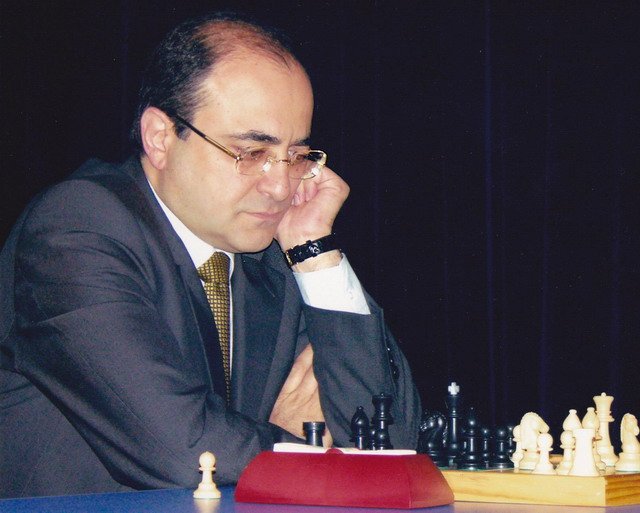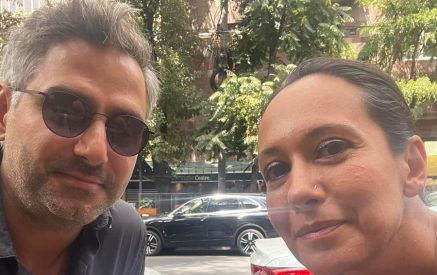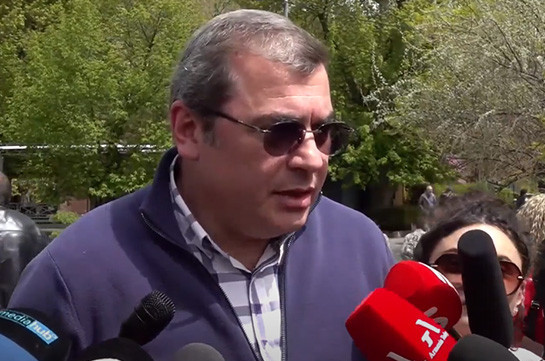I recently re-read an article published by Aravot in 1998 about the then-Minister of Finance, Edward Sandoyan. The article was written with a slight sense of humor, but not only was Mr. Sandoyan not offended by it, but on the contrary, he has maintained friendly relations with both the author of the article and our newspaper since then. I imagine that if such a material was published about any minister now. The authorities would announce at the same time that they knew whose order it was, and their sympathetic users would write “you also sold yourself to Kocharyan.” If the article had been written about an opposition MP, the reaction would have been similar, but with already “opposite” manifestations of conspiracy, suspicion, and paranoia.
Many will probably remember that after the change of power in 1998, a “government of professionals” was formed, that is, mostly non-partisan specialists became ministers (Sandoyan among them). We were ironic about such a project, and now, to be honest, I think it can be a temporary solution. The ministers must implement the ideas and programs of the political force that won the election, and that force must be responsible for the ministers. The ministers, therefore, must represent a political team.
Read also
But representing a political team does not mean being ignorant, self-confident, complicated, and, consequently, suffering from an obsession with self-affirmation. On the contrary, ministers should be as open-minded as possible, have “brain centers” of professionals, and not spend most of their time “catching” and “counterattacking” dirty things about themselves on Facebook, but communicating with professionals. The same, of course, applies to other important officials, as well as MPs.
…In any case, it is good to have intellectual officials. They lack the “squareness” of dogmatism, which is usually typical of politicians and their overly enthusiastic followers. After 2018, a number of thinkers came to power (if you do not like the word “intellectual”): Davit Ananyan, Smbat Gogyan, Sarhat Petrosyan, and others. They, like me, thought that the revolution had a chance to emerge from the “post-Soviet clutches.” Now those people are not in power.
Aram Abrahamyan























































